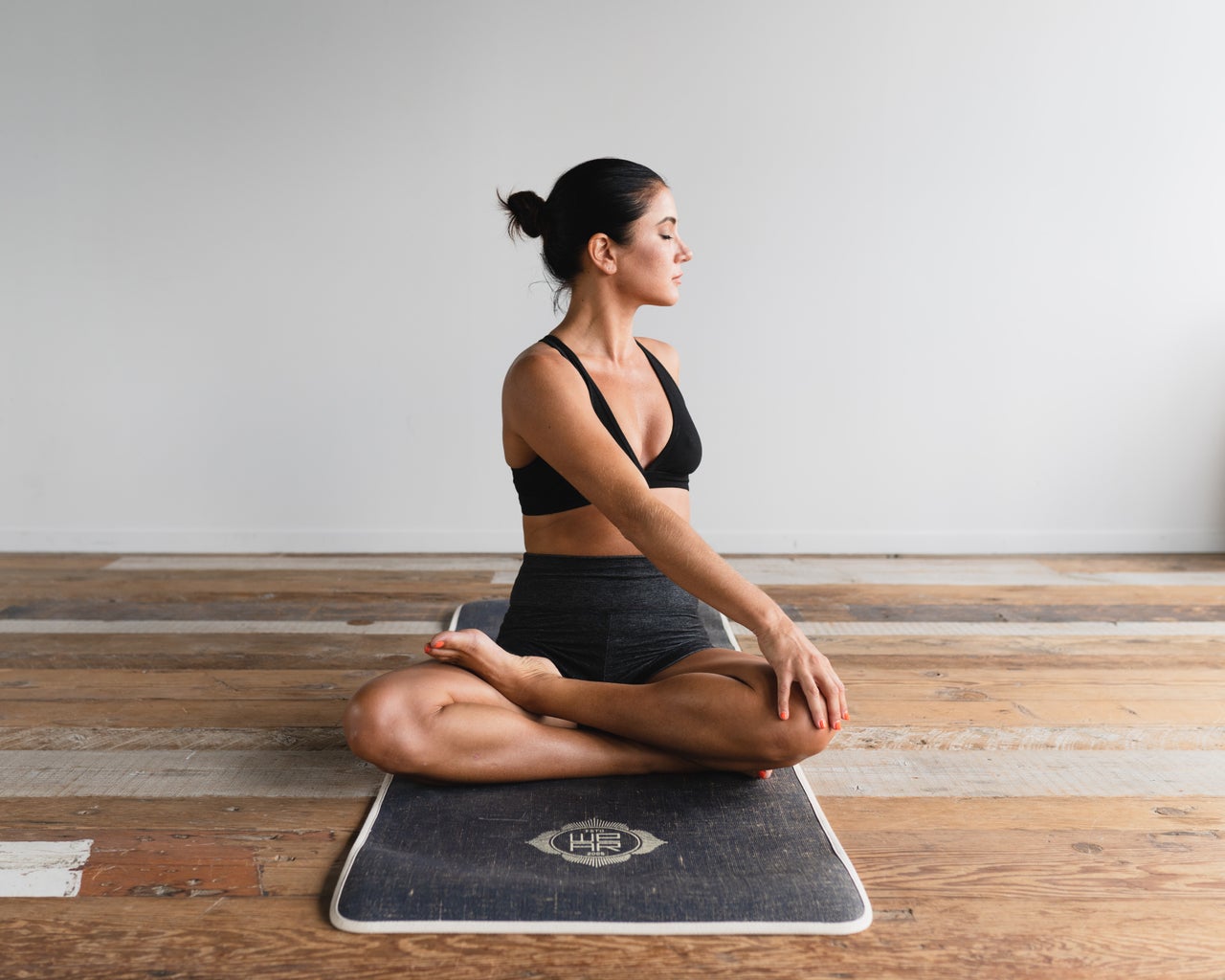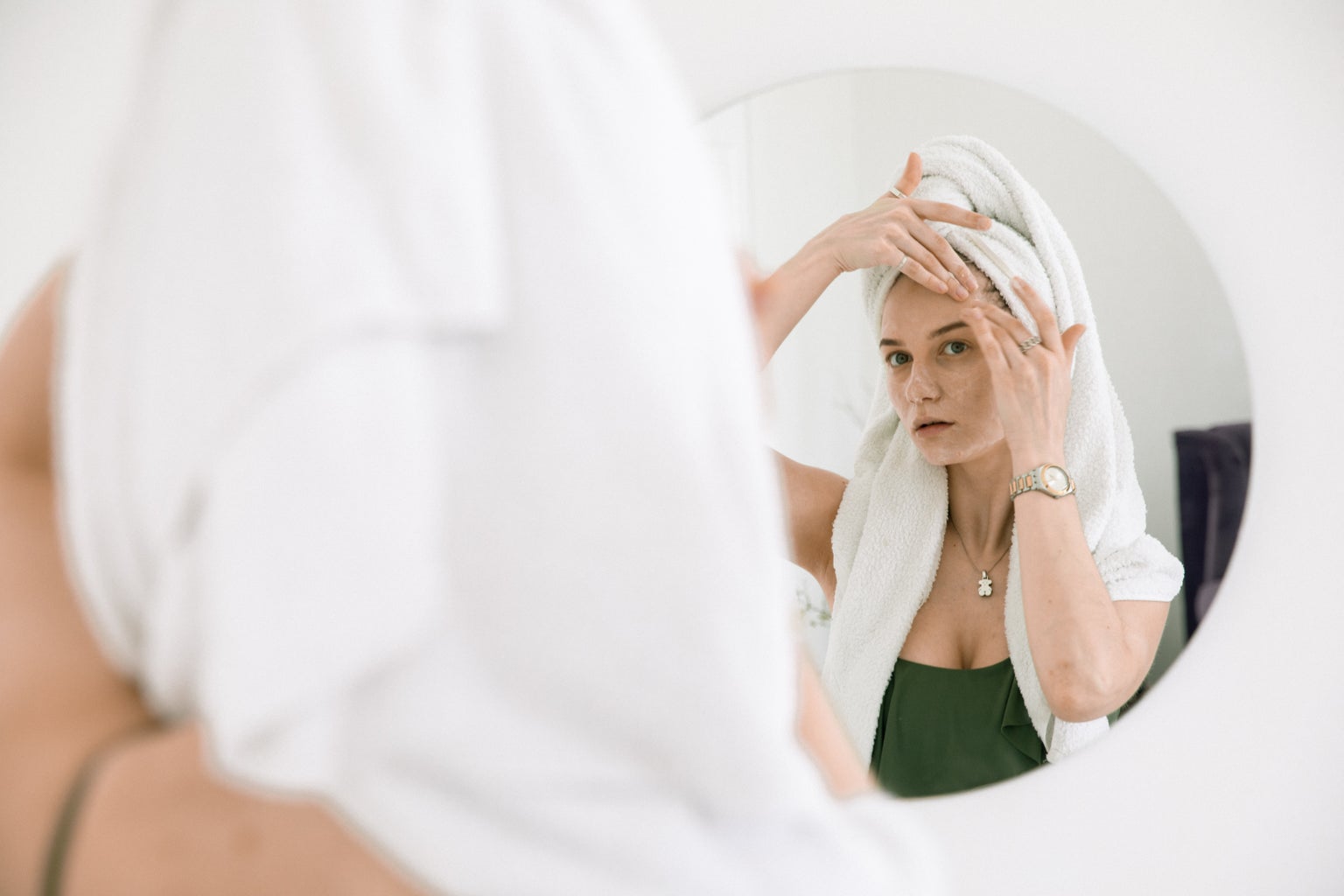In elementary school, I would routinely stare at the ceiling for hours in the middle of the night before eventually getting up to turn on the TV and, inevitably, get yelled at by my mom for doing so. In other words, I am very familiar with the inability to sleep. Though I have not yet perfected the craft, over the years, I have naturally accumulated some tips (some effective, others not so much).
Unfortunately, most of these tips aren’t exactly what we want to hear, but when they work, they work:
- Don’t use your phone right before bed (or if you feel like you “can’t fall asleep”)
-
Having your phone in bed can become somewhat of a vicious cycle. Some people are convinced that they need to go on their phones before bed to fall asleep, but when they put them down and can’t fall asleep, they go back on their phones and (shocker) can’t fall asleep. The truth is the blue light of your phone prevents the production of melatonin, the hormone that regulates your sleep-wake cycle. In other words, using your phone before bed can very well prohibit you from falling asleep.
Anna Schultz / Her Campus - Try melatonin
-
Speaking of melatonin, I know countless people who swear by melatonin gummies. These supplements are drug-free and all-natural, simply introducing a hormone already native to your body. They do sometimes result in some drowsiness, so it’s probably best to try melatonin gummies on a night when you don’t have early morning commitments the next day.
- Create as regular a sleep schedule as you can
-
Your body has an internal clock (of sorts). Keeping your sleep schedule regular helps that clock keep time, meaning your body can better keep track of when it needs to sleep (and produce melatonin). Not only does this normalized sleep schedule help you sleep better, but it makes waking up easier, too. I personally like to use the bedtime feature on my iPhone to help remind me of when I need to wake up and when to go to bed.
- Work out daily (or at least regularly)
-
It’s no surprise that, because exercise expends energy, it also helps you fall asleep. Not to mention exercising regularly can also help reduce anxiety and depression, which can make falling asleep more difficult. Though you don’t have to be a total gym rat, simply getting your steps in every day can make a huge difference. Bonus: it’s not that hard to get your walking in when you live on a college campus.
- Develop a bedtime routine
-
Developing a routine creates habits, which can help you maintain a regular sleep schedule. A routine will allow you to wind down, and your body will begin associating your relaxing routine with falling asleep. Whether you incorporate an elaborate skincare routine, a good book, chamomile tea, or your favorite playlist, your routine should best represent what soothes you.
As I said, I know any single one of these can seem nearly impossible to implement, so starting with one is probably best. Personally, slowly integrating one tip at a time and seeing what was most effective worked great for me. Ultimately, it’s best to experiment and see what works best for you.






